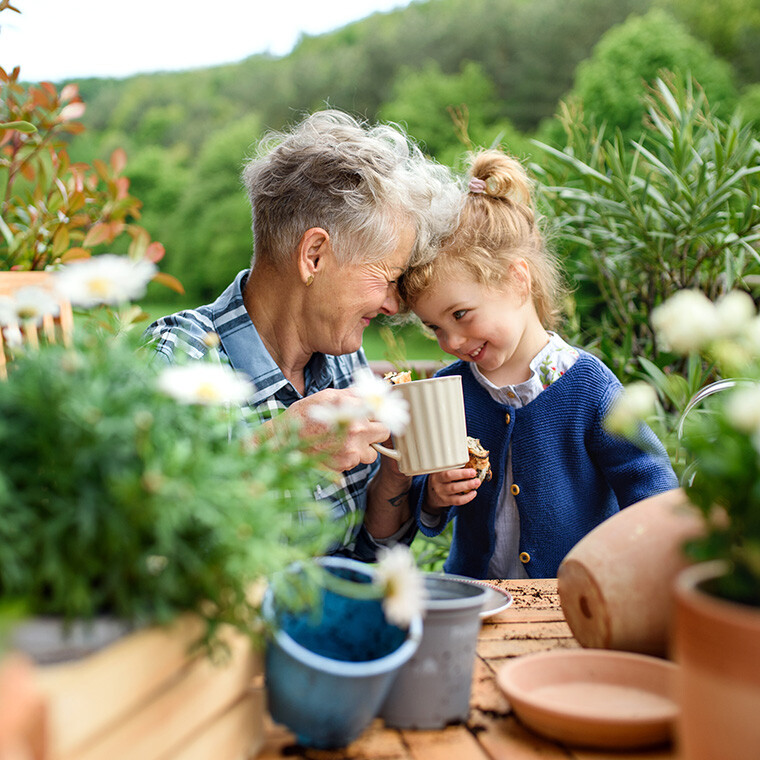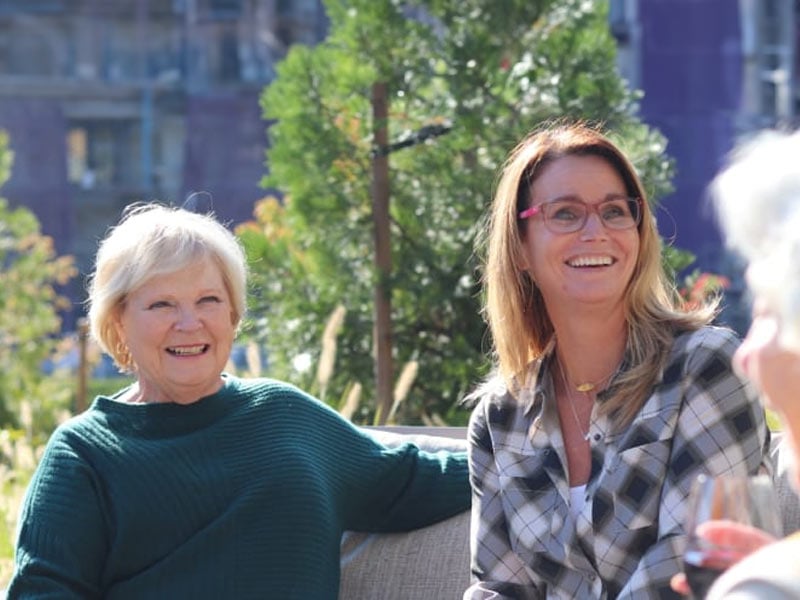For many, the holidays are a time of joy, but for some people -- particularly those who have made big life changes recently -- this time of year can be especially difficult. Major depressive disorders affect about 14.8 million American adults a year, according to the National Institute of Mental Health. The condition can lead to constant feelings of worthlessness or guilt, fatigue and loss of energy, impaired concentration, loss of interest in almost all activity, insomnia, and recurring thoughts of death or suicide. While all the excitement and good cheer that comes with the holiday season may seem like a mood booster, it can actually have the opposite effect and exacerbate depression symptoms, especially in those who are caring for an aging loved one.
As a family caregiver, normal stress levels can be elevated in general, and the mounting pressure to make the holiday season special for everyone, can take an extra toll on you. Even if you made the decision together, to move to a retirement or assisted living community, you might be surprised that it’s not only mom and dad missing their former home, but you as well. Memories of the holidays in a specific place, with specific people, can often times catch up to you during the holiday season.
Dealing with memory loss or illness, as well as the loss of a partner, can also bring up a myriad of emotions during the holidays. The most important thing you can do for your own peace of mind, and to be in a better state to help your loved one deal with their emotions, is to first and foremost acknowledge that you’re not alone. In addition, following these tips may make the holidays more joyous for you and your loved ones.
- Keep your regular routine. If you normally visit your loved one in the morning, try to stick to this routine even during the holidays. If you need to visit at a different time of day, mention this well in advance so your loved one won’t feel like it is a sudden change.
- Communicate your needs. If you are feeling drained and need a break, let others know how you’re feeling. Taking time for self-care will typically get you back on track and able to deal with the added stress and emotions of the holidays.
- Focus on today. Rather than trying to recreate your childhood holiday with mom and dad, create new traditions and memories. Focus on where you are now, and the relationship you have currently with your loved ones.
- Ask for help. Let the staff at the community, where your loved one lives, help you if you need to reschedule your visits. Ask other family members to visit in your place, or even close friends of your loved ones.
- Make time for yourself. Schedule time for self-care, exercise, meditation, or simply a walk in the park or time with a book. Practice saying “no” to obligations and parties you don’t wish to attend. Skip the holiday cards this year and do what you need to make room for what matters most.
Finding ways to cope with the heightened demands of holiday gatherings is key to surviving the season. Keep expectations manageable and set time aside for the things that count, even if it means letting go of some less-important engagements or activities. The Mayo Clinic offers these additional helpful tips for coping with holiday stress:
- Acknowledge your moods - it’s okay if you don’t feel like celebrating.
- Reach out - seek out companionship or get involved in community events.
- Be realistic and accept that traditions may evolve as life changes.
- Set aside differences and expectations and focus on the positive.
- Set a realistic budget for gift-giving and festivities and stick to it.
- Manage time by planning ahead and prioritizing obligations.
- Maintain healthy habits - eat right, exercise, and make time for yourself.
- Seek professional help from a doctor or mental health counselor, if needed.
Overall, the holidays are a time of mixed emotions for many, and that’s perfectly normal. Acknowledging those feelings, talking about them with others, and sharing your experiences will remind you that you’re not alone. Here, at The Springs Living, we are committed to helping our residents and their families have a joyous holiday season. We encourage you to speak with us because the better we understand your personal stories, the better we may be able to serve and support your loved ones.













